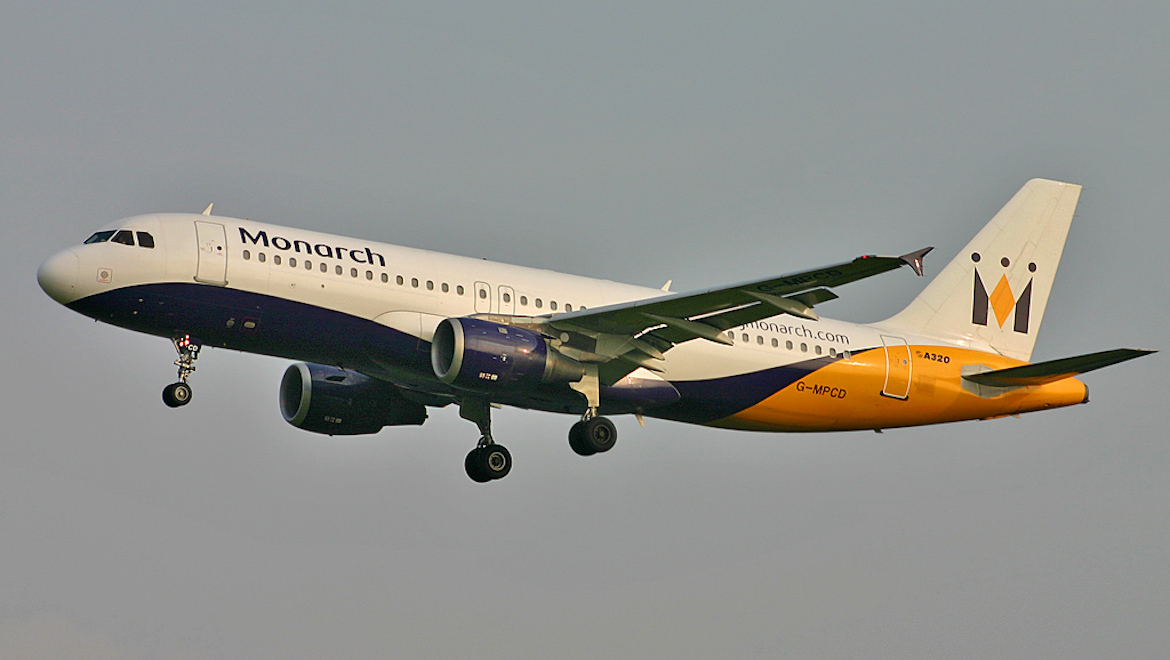
A review into airline insolvency commissioned by the United Kingdom government has recommended a new flight protection scheme to help get passengers stranded overseas home following an airline collapse.
The final report of the Airline Insolvency Review, published on Thursday (UK time) said there was currently a gap in the protections available to air passengers in the UK.
In order better protect the travelling public, it has suggested a new scheme to be funded by passengers and estimated to cost about 50 UK pence (92 Australian cents) per passenger.
The chair of the review, Peter Bucks, said the proposed scheme was not expected to have a measurable impact on supply and demand in the UK market for air travel.
Currently, travellers from the UK who purchase package holidays with flights, accomodation (including cruises) and/or car hire from a single company are covered under the Air Travel Organiser’s Licence (ATOL) scheme, which has been in place since 1973 and protects consumers against the company going bust.
Those who purchase air tickets directly from the airlines or a travel agent are not covered under the ATOL scheme. Instead, they may be able to recover losses from their credit card company or travel insurance policy should the airline they booked to fly on cease trading.
However, it did not assure people would be able to get home in a timely way at little or no extra cost if left overseas when an airline collapsed.
“The review therefore concludes that for passengers to be protected in the event of airline failure, this gap should be addressed,” the report said.
“This would create a level playing field for all passengers and provide the government and travelling public with confidence that arrangements are in place to protect passengers who otherwise face being stranded.”
The review recommended a new Flight Protection Scheme to provide practicable, effectual and affordable protection for all UK originating air passengers facing stranding because the operator of their return flight had failed. It would be funded by passengers, therefore shielding the taxpayer from picking up the costs.
“We estimate that, on average, the overall cost of this protection would be less than 50p per UK originating passenger,” the review said.
It recommended the UK Civil Aviation Authority (CAA) coordinate the scheme.
Other recommendations changes to insolvency rules to all the use of collapsed airline’s aircraft to help repatriate passengers.
The Board of Airline Representatives in the UK, which represented about 70 scheduled airlines operating into and out of the country, said it was against the passenger levy.
“Whilst we fully support a package of measures to enhance procedures and improve consumer awareness of the protection available to them, we do not support a passenger levy to build a fund since the vast majority of consumers who contribute in higher airfares would never receive any benefit,” BAR UK chief executive Dale Keller said in a statement.
“The real costs of collecting and administering the proposed 50 pence per passenger are likely to be significantly greater and the Airline Insolvency Report does not go into the complexity of how such a levy should be collected only on UK originating return journeys, or how the fund would be administered.”
The review was commissioned following the collapse of Monarch Airlines in October 2017, which left about 110,000 passengers without a flight back to the UK.
In that case, the UK government repatriated about 85,000 passengers back to the UK that cost the British taxpayer GBP40.5 million.
UK Transport Secretary Chris Grayling said in a written statement to the UK parliament the government was considering the recommendations and would “work to swiftly to introduce the reforms that are needed to ensure a strong level of consumer protection and value for money for the taxpayer”.
“In doing so we also need to consider the challenges faced by the aviation sector,” Grayling said.
There have been three European-based carriers who have ceased operations in 2019 – UK-based regional carrier Flybmi (February 2019), Icelandic airline Wow Air (March 2019) and German operator Germania (February 2019).
















CGR
says:At some point people have to take some personal responsibility. Do I go with Air-Cheepowhiz that I never heard of or an airline that’s been around a wet week or pay a little more to fly with an airline that’s been around for a while. And while I’m at it, do I pick an airline with a history of financial bailouts (remember Sabina, Alitalia…) or one known to be financially stable? (I do not exclude some of the low cost carriers here)
How do I know which is which? Remember, take personal responsibility, pay attention to the world you live in.
110000 passengers stranded? 85000 repatriated by the tax-payer? What about travel insurance? Presumably, if you elect not to insure, you have decided to bear the risk and cost yourself.
As for this scheme, it only encourages poor practice from the airlines. Air-Cheepowhiz doesn’t need a financial buffer, the fund will cover that.